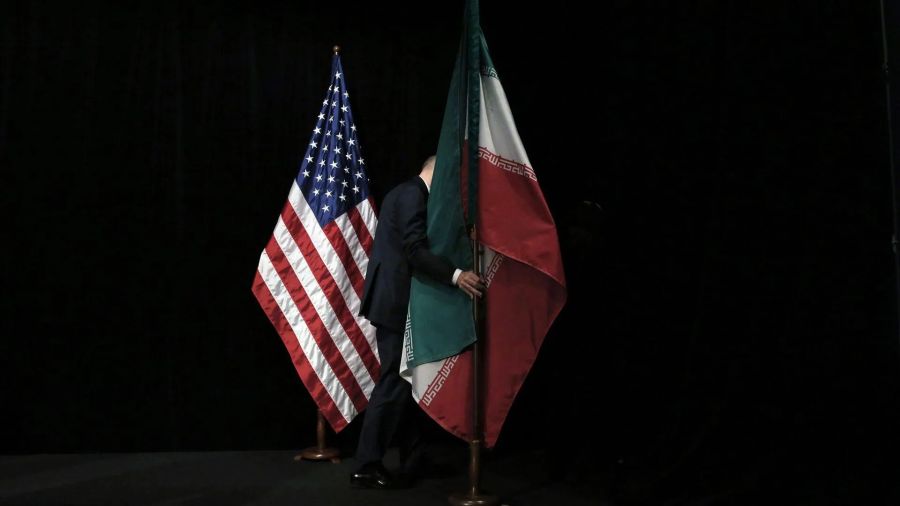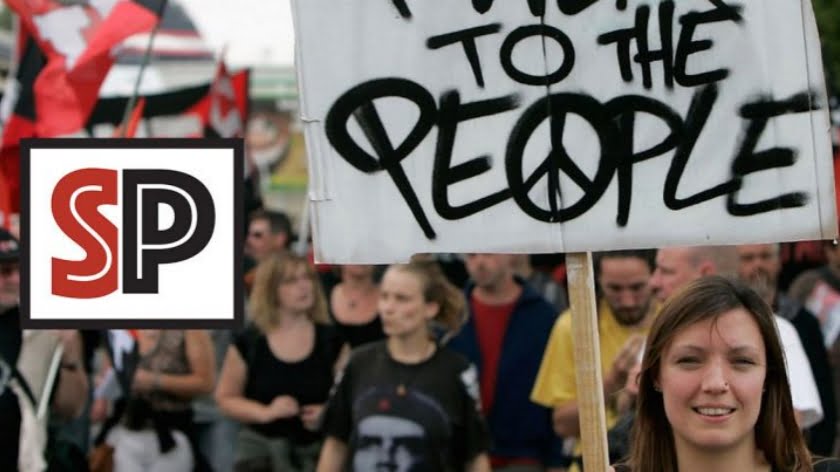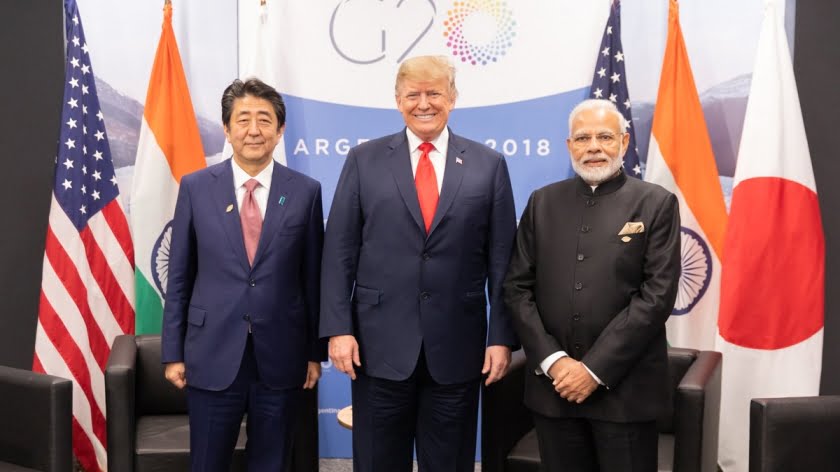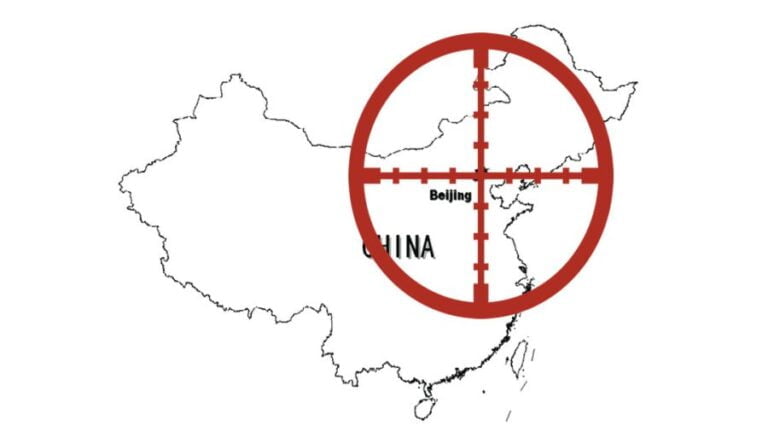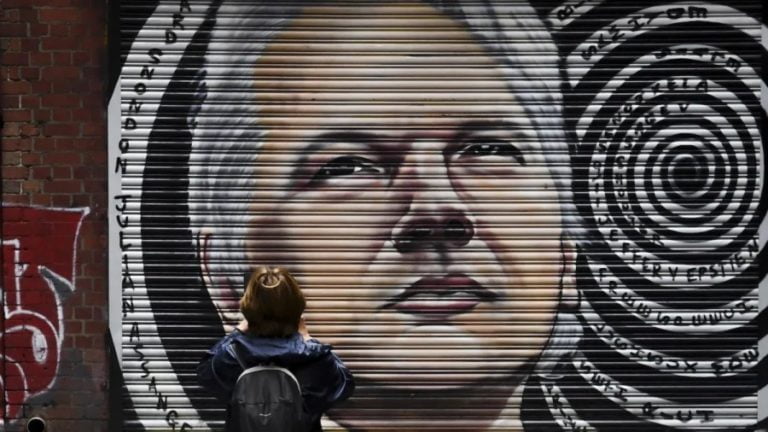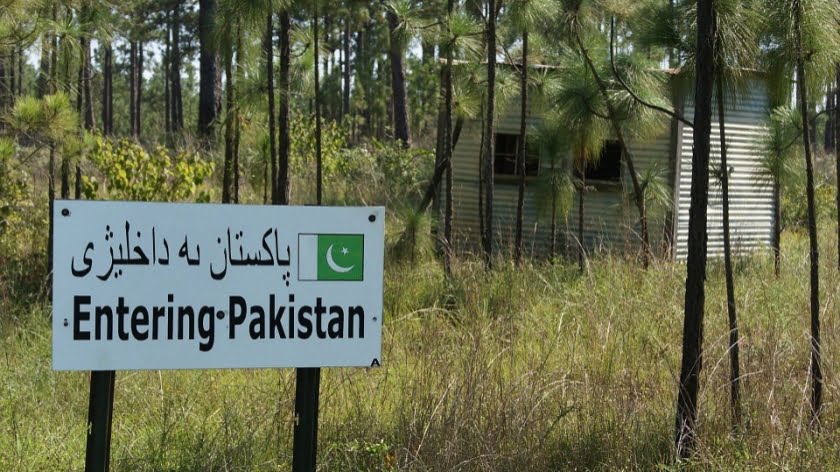Iran and the USA are in Private Negotiations
As you are aware, current US-Iranian relations have been separated into two phases: collaboration from 1947 to February 1979, before Iran’s Islamic Revolution, and conflict from February 1979 to the present. Following the Islamic Revolution, the overthrow of Reza Shah Pahlavi’s rule and capturing the US Embassy officers in Tehran in 1980, the United States has broken diplomatic relations with Iran.
It cannot be said that the main reason for the ongoing confrontation between the United States and Iran is the theocratic regime in Tehran and the lack of democracy in that country. Also, because of regional variances in customs, religious beliefs, and cultural practices, democracy in the East does not generally adhere to the same standards as democracy in the West.
In reality, America uses democracy as a political weapon to further its interests in backward and developing countries and regions around the world. One cannot speak of a high level and sophistication of democracy in the Arab regimes of the Persian Gulf, where the US has many allies. However, Washington tolerates local authoritarianism and despotism if the ruling regimes support the US and its regional policies, provide the West with oil and gas resources, and agree to American and NATO military and naval bases being located on their territory and in their territorial waters.
Iran does not agree with the US on the part of the Western-controlled exploitation of its strategic raw materials, including gas and oil; does not consider the possibility of providing its territory and water basins for the deployment of military bases of the USA and NATO; does not approve of the Middle East policy of Washington; remains in conflict with Israel, the main ally of the Americans in the region; as well as on a number of other issues on the regional and global international agenda, including the situation in Syria, Iraq, Afghanistan, Ukraine, and the South Caucasus. This is why US-Iranian relations continue to be complicated, hostile and conflicting.
However, Iran’s important geostrategic position in the Middle East, combined with its resource base, continues to attract the attention of key countries around the world (including the United States). After more than 44 years of Western economic sanctions, Iran has developed a certain immunity, adapted to life in an autarchy, managed to concentrate on domestic resources, and become one of the world’s ten high-tech states, particularly in the development of the military-industrial complex.
Despite ongoing disagreements with Israel and the fact that Iran does not endorse Tel Aviv’s policy toward Palestine or other issues on the Middle East and Caucasus agenda, Iran is not launching a military battle with the Jewish state. The Iran-Contra Affair, or Irangate, was a covert effort to sell US weapons through Israel as an intermediate body to bypass the US administration’s embargo on Iran. It was uncovered in the mid-1980s. The money received from Iran for weapons was then sent by US intelligence agencies to arm Nicaraguan rebels. In this political scandal on the US side, the responsible participants were Michael Ledeen, a consultant to the US National Security Council; National Security Council staffer Lt. Col. Oliver North; and Alan Fiers, an American former Central Intelligence Agency (CIA) officer. Following that, despite public disputes between Iran and the US, there have been periodic secret meetings on areas of mutual interest. Covert diplomacy between hostile countries employs similar tactics.
In July 2015, US President Barack Obama took the responsible step of completing a Joint Comprehensive Plan of Action (JCPOA) on Iran’s nuclear program with the cooperation of all UN Security Council permanent members (the United States, Russia, the United Kingdom, France, and China), as well as Germany (5+1). This agreement called for the gradual removal of economic sanctions against Iran in exchange for Tehran agreeing to allow IAEA inspectors into its nuclear facilities, agreeing to establish international control over relevant Iranian scientific and production centers, agreeing not to enrich uranium above the established norm, and agreeing to convert the Iranian nuclear program solely into a peaceful atomic program.
But almost three years later, on May 8, 2018, another US president, Donald Trump, went along with the wishes of his ally Israel and, after accusing Iran of enriching uranium, unilaterally withdrew from the Joint Comprehensive Plan of Action (JCPOA) agreement. Trump reintroduced harsh sanctions on Iran and effectively “buried” hopes for a peaceful Iranian nuclear program. As we can see, the basis for another US leader’s choice was not so much true intelligence evidence of Iran’s violation of JCPOA promises, but rather the political bias of the alliance with Israel.
According to Russia-based analyst and Iranian studies specialist Karine Gevorgyan, information has been circulating among the expert community in recent months indicating that closed talks between the US and Iran have resumed over the relaxation of anti-Iranian sanctions and the partial reopening of Iranian assets in exchange for the return of American prisoners and uranium enrichment to a maximum of 60%. According to some reports, the Iranian side released several American detainees in exchange for a couple of billion dollars of its own.
The subject of the closed door talks between Iran and-America has once again made headlines in Russian and international media. The estimated $10 billion in frozen Iranian assets in the United States and the $120 billion in frozen assets worldwide are results of American sanctions against Iran. According to reports, Washington has already agreed to pay Tehran more than $2.7 billion from Iraq for Iranian energy supply. This money, however, must be utilized solely for humanitarian purposes, specifically the purchase of medicines and other medical equipment for Iranian people.
Meanwhile, in addition to the issues outlined as conditions for easing sanctions on Iran, such as the return of American prisoners and uranium enrichment of no more than 60%, the US also requires Tehran to stop military supplies to Russia, which it believes are used in the course of special military operation in Ukraine, specifically Iranian Shahed-136 drones.
It is reasonable to wonder why the US is engaging in such extensive diplomatic engagement regarding Iran. According to me, the Biden administration is motivated by the following factors:
– the military and political conflict between Russia and Ukraine, as well as the US intention to restrict military supplies and impose sanctions against Russia;
– the demand for bringing Iranian oil and gas to international markets, particularly Europe, to inject large amounts of fuel and lower oil and gas prices as a result of the reduction in Russian oil and gas supplies, as well as Saudi Arabia’s unique opinion, which refused to increase oil production, and the agreement of OPEC countries;
– US zealous attitude toward China’s diplomatic success in the Middle East to restore Iranian-Saudi diplomatic relations, the beginning of a partnership between Iran and the Arab states of the Persian Gulf;
– ending the Tanker War between the US and Iran in the Strait of Hormuz and the Gulf of Oman;
– the fear of another success of Chinese diplomacy in the Middle East to restore confidence-building measures and relations between Iran and Israel.
This reason of causes and consequences, could be of interest, first and foremost, in the prospects for Iranian-Russian relations and what the consequences will be for Russia of the Iranian-American interim agreements.
First of all, past experience demonstrates that the United States is capable of making commitments to its negotiating partners today and retracting them tomorrow under the pretext of unforeseen events, such as a change of president.
Iran was not on Russia’s list of allies, but it was not our adversary either, before the start of the Special Military Operation in Ukraine. As you know, the Russians built the Bushehr Nuclear Power Plant for the Persians, not to mention the rich history of Russian-Iranian constructive relations. But after the military-political conflict between Russia and Ukraine erupted and anti-Russian sanctions were imposed, Iran and Russia found themselves in the same boat. As a result, Russia is interested in and in need of the rich Iranian experience of adapting its economy under severe sanctions.
In contrast to Turkey, Iran does not support ambitions to create a type of Turan and integrate Turkic peoples, is not a member of NATO, and does not have tense relations with Russia in the post-Soviet region. It should be noted that, unlike Turkey, Iran did not help the separatists during the bandit insurgency in Chechnya in the 1990s. At the same time, Iran, like Russia, sees strategic cooperation with the “Asian tigers,” such as China and India, as a top priority in its foreign policy. Iran is supportive of the Eurasian integration project, which is being led by Russia, and has formed a partnership with Eurasian Economic Union countries who are geographically close to Armenia and the Russian Federation. Russia and Iran begin and end the significant North–South Transport Corridor that includes Russia, Azerbaijan, and Iran, providing Russia with direct land access to the Persian Gulf region and the Middle East via Iran. Finally, in September 2022, Iran joined the important international organization known as the Shanghai Cooperation Organization (SCO), with key Russian participation, and in June of the same year, 2022, Tehran applied to join the BRICS, the largest international organization, with its members accounting for approximately 30% of global GDP and 40% of global population.
In early June of this year, Iranian Petroleum Minister Javad Owji announced a new initiative to establish an Iranian gas hub in the Persian Gulf with the participation of the Islamic Republic of Iran, Russia, Turkmenistan, and Qatar, which accounts for more than 61% of the world’s gas reserves. The gas sales market comprises significant Asian countries such as India, Pakistan, and China.
Based on this research, we can conclude that Iran has the potential to become an important regional partner for Russia, where the good dynamics of bilateral ties benefit both Moscow and Tehran.
The recent talks between the presidents of Iran and France are not an accident in this regard; Iran obviously also wants to expand the western direction of its resources, including oil and gas exports, in order to gain access to the European market and end Turkey’s monopoly on gas shipments to the EU. The US obviously views the prospect of Iranian-Indian cooperation positively, including the development of transit communications along the route from India to the Persian Gulf, Iran, Armenia, Georgia to the Black Sea, and Europe. However, Iran will still have to deal with Armenia, a member of the Eurasian Economic Union under the leadership of Russia.
It is currently interesting to see how US covert and public diplomacy operates in areas and nations that are geographically close to Russia; this demands more adaptable and practical diplomacy on our part.

